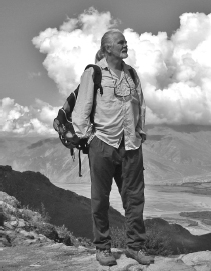
Professor Mark Aldenderfer is Distinguished Professor Emeritus and holds the Edward A. Dickson Emeriti Professorship Endowed Chair in the Department of Anthropology and Heritage Studies at the University of California, Merced; he is also Adjunct Professor with the School of Anthropology at the University of Arizona, Tucson His research focuses the comparative analysis of high altitude cultural and biological adaptations from an archaeological perspective, and he is likely to be the only archaeologist who has done research on the three high elevation plateaus of the planet—Ethiopian, Andean, and Tibetan—over the course of his career. He currently works in the High Himalayas of Nepal studying pre-Buddhist and Buddhist-era sites. He holds his degrees from Pennsylvania State University (Ph.D.) and Wake Forest University. He has conducted fieldwork in Tibet, Nepal, Peru, Argentina, Ethiopia, and at sites throughout the United States. Professor Aldenderfer was the AIA’s Norton Lecturer for 2013/2014.
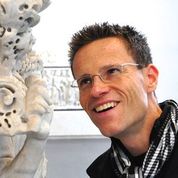
Mont Allen is Associate Professor of Classics and Art History at Southern Illinois University. He holds degrees in Art History (Ph.D.), European History (M.A.), and Geography (B.A.) from U.C. Berkeley, and in the History of Religion (M.A.) from Syracuse University. His areas of specialization include Greek and Roman funerary sculpture, ancient sculptural tools and techniques, Greek mythology, Roman painting, and Late Antique religions. Professor Allen is a recipient of his university’s Outstanding Teacher of the Year Award (2018). His book on the strange disappearance of Greek mythological scenes from Roman coffins during the third century — titled The Death of Myth on Roman Sarcophagi: Allegory and Visual Narrative in the Late Empire — is currently in production with Cambridge University Press.
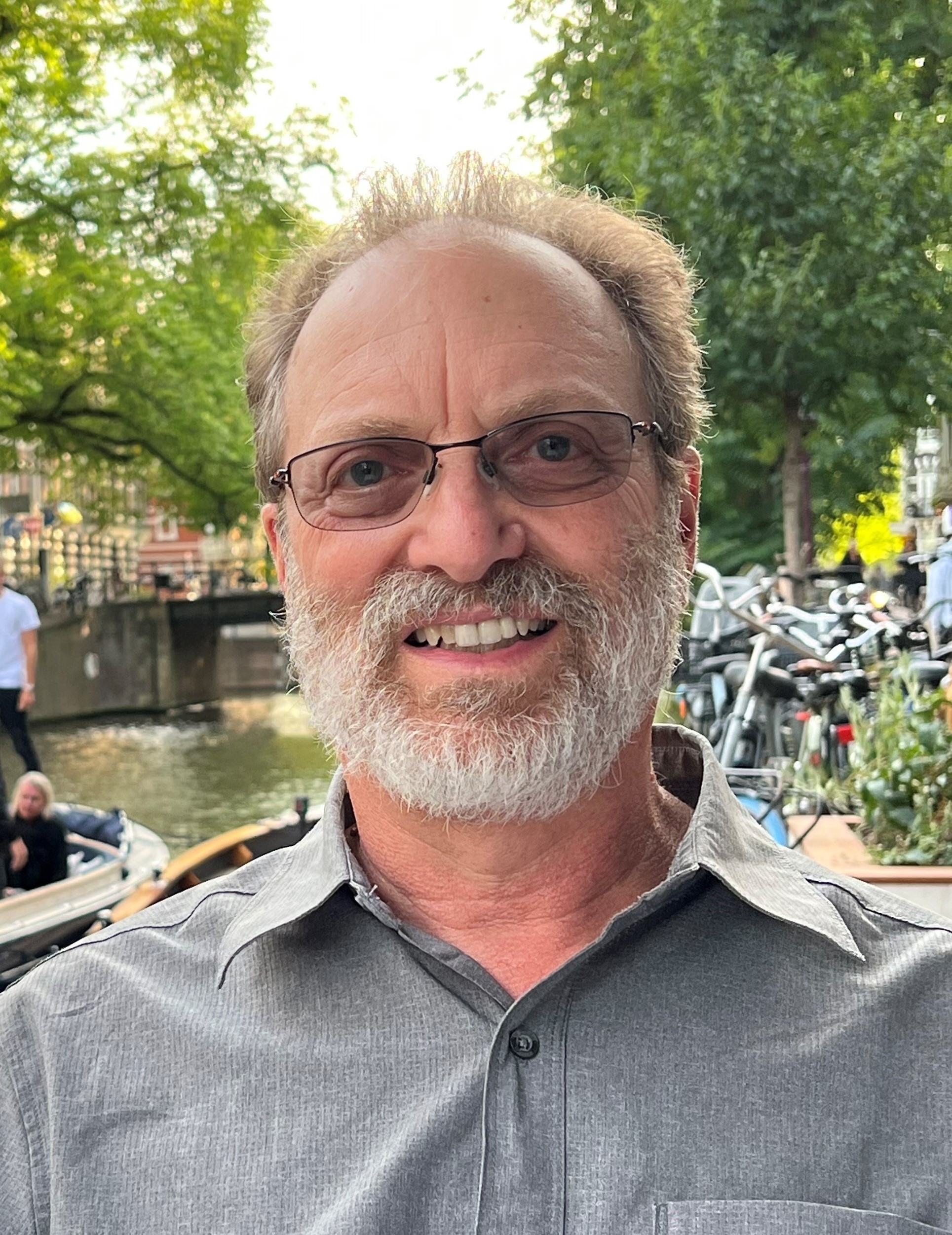
Jeff Altschul is President of the SRI Foundation and co-President of the Coalition for Archaeological Synthesis. Since 1975, he has served as principal investigator on more than 1,000 cultural resource management projects in North America, Latin America, Europe, Africa, and Asia. He is a former President of the Society for American Archaeology and the Register of Professional Archaeologists. Among his many publications is the 2022 article (with Terry Klein), Forecast for the US CRM Industry and Job Market, 2022-2031.
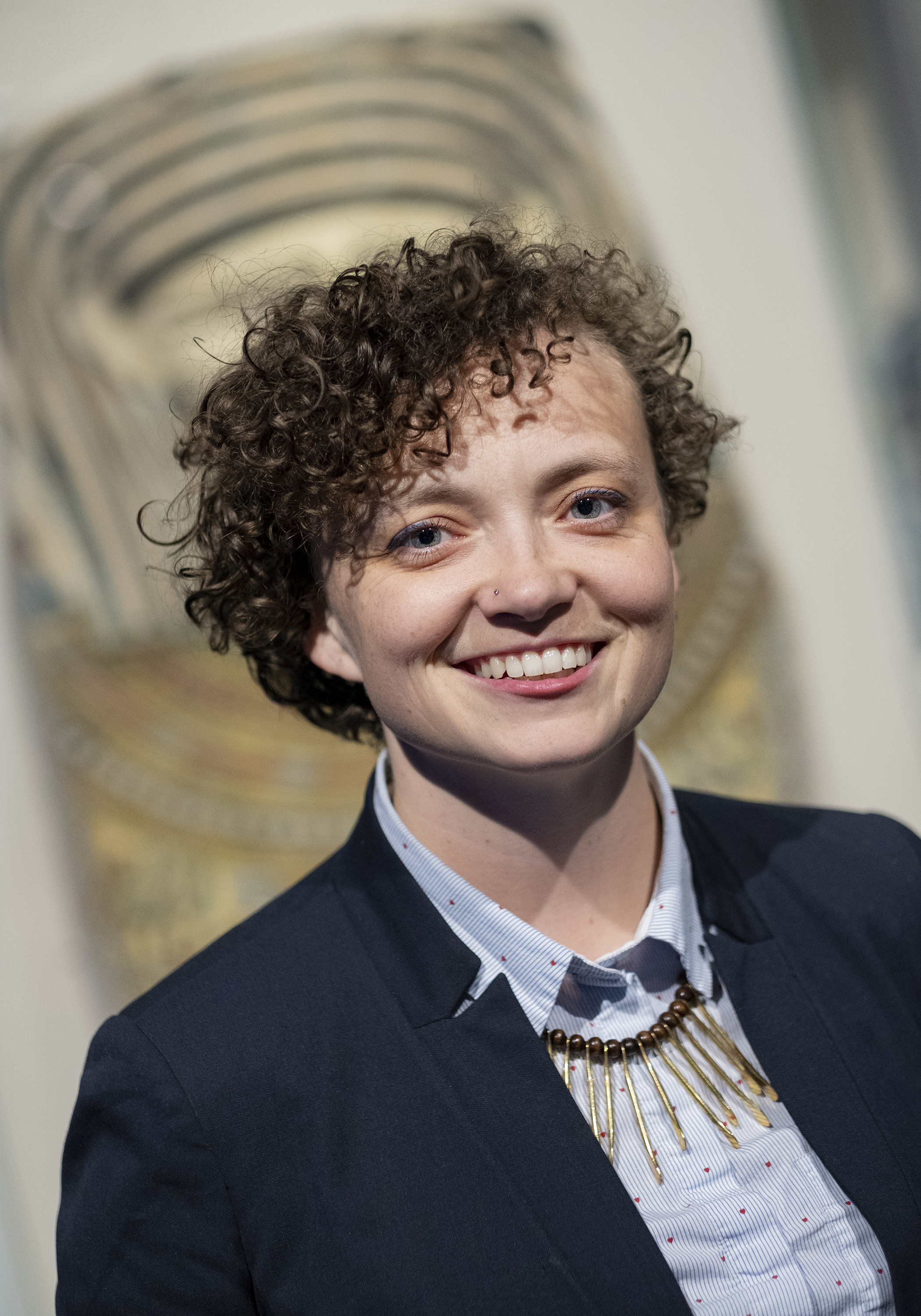
Dr. Anne Austin received her B.A. in Anthropology from Harvard University, and she earned her M.A. and Ph.D. in the Archaeology program at UCLA. She joined the University of Missouri St. Louis in 2017 after completing a three-year postdoctoral fellowship at Stanford University in the History Department. Her research combines the fields of osteology and Egyptology in order to document medicine and disease in the past. Specifically, she uses data from ancient Egyptian human remains and daily life texts at the site of Deir el-Medina to reconstruct ancient Egyptian healthcare networks. Anne‘s current research project focuses on the practice of tattooing in ancient Egypt and its potential connections to gender, religion, and medicine. Her work at Deir el-Medina has identified more tattooed ancient Egyptians than at any other site in Egypt, allowing for new perspectives on the role of tattooing in ancient Egyptian daily life.
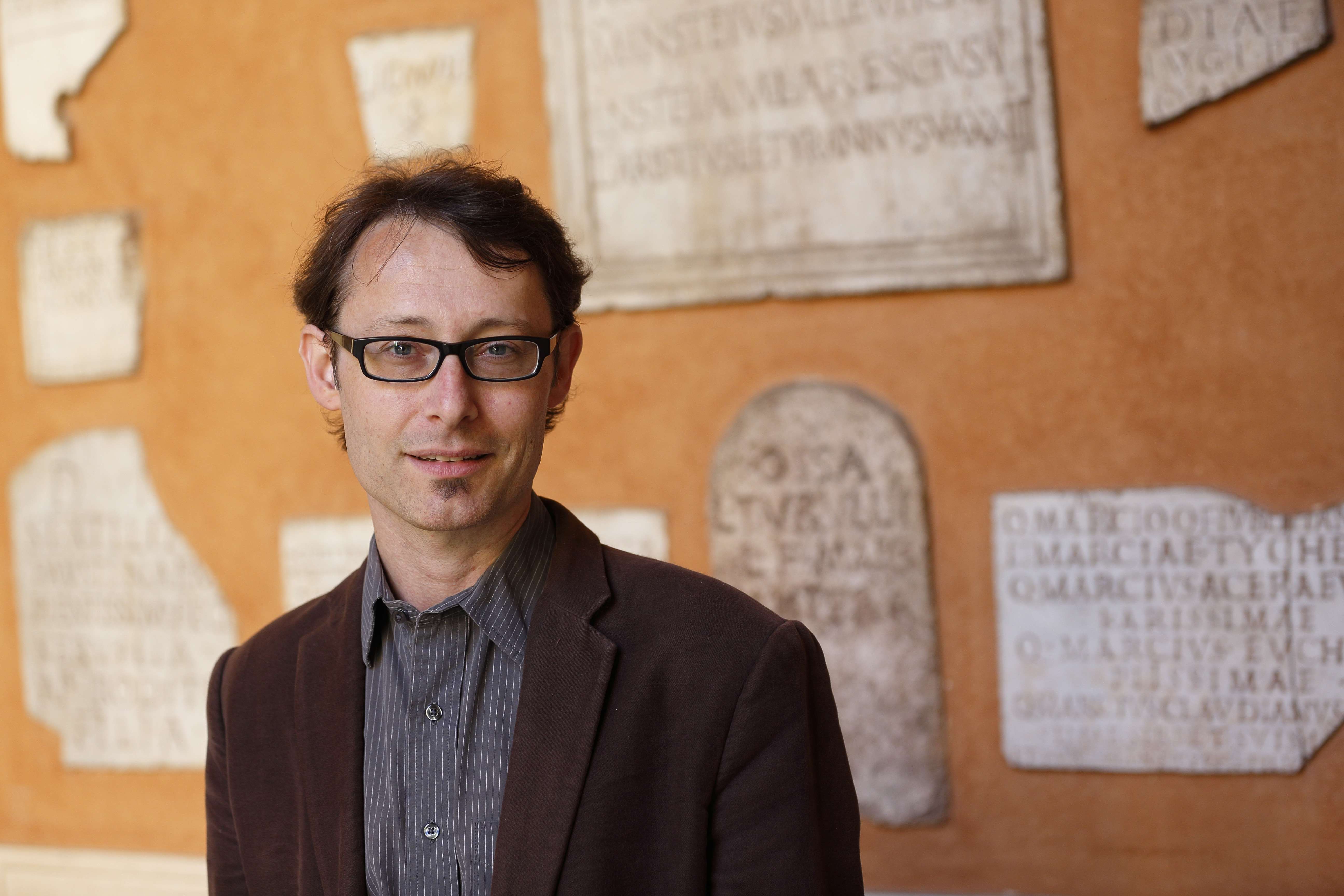
Dr. Dorian Borbonus teaches Greek and Roman History in the History Department at the University of Dayton. He studied Classical Archaeology at the Freie Universität Berlin and completed a PhD in Mediterranean Archaeology at the University of Pennsylvania. He was a regular member at the American School of Classical Studies in Athens and conducted fieldwork in Italy, Greece and Turkey. Dorian is interested in Roman architecture and urbanism and his research concentrates on the development of Roman funerary architecture and art. He was a contributing author on the Mapping Augustan Rome project and has written a book on Columbarium Tombs, enigmatic tombs in Rome that resemble the more familiar catacombs. As a Rome Prize Fellow at the American Academy in Rome, he started a research project on the development of funerary culture in imperial Rome. He is also engaged in fieldwork that documents the extant architecture of Roman cemeteries, like the Necropoli di San Paolo in Rome.
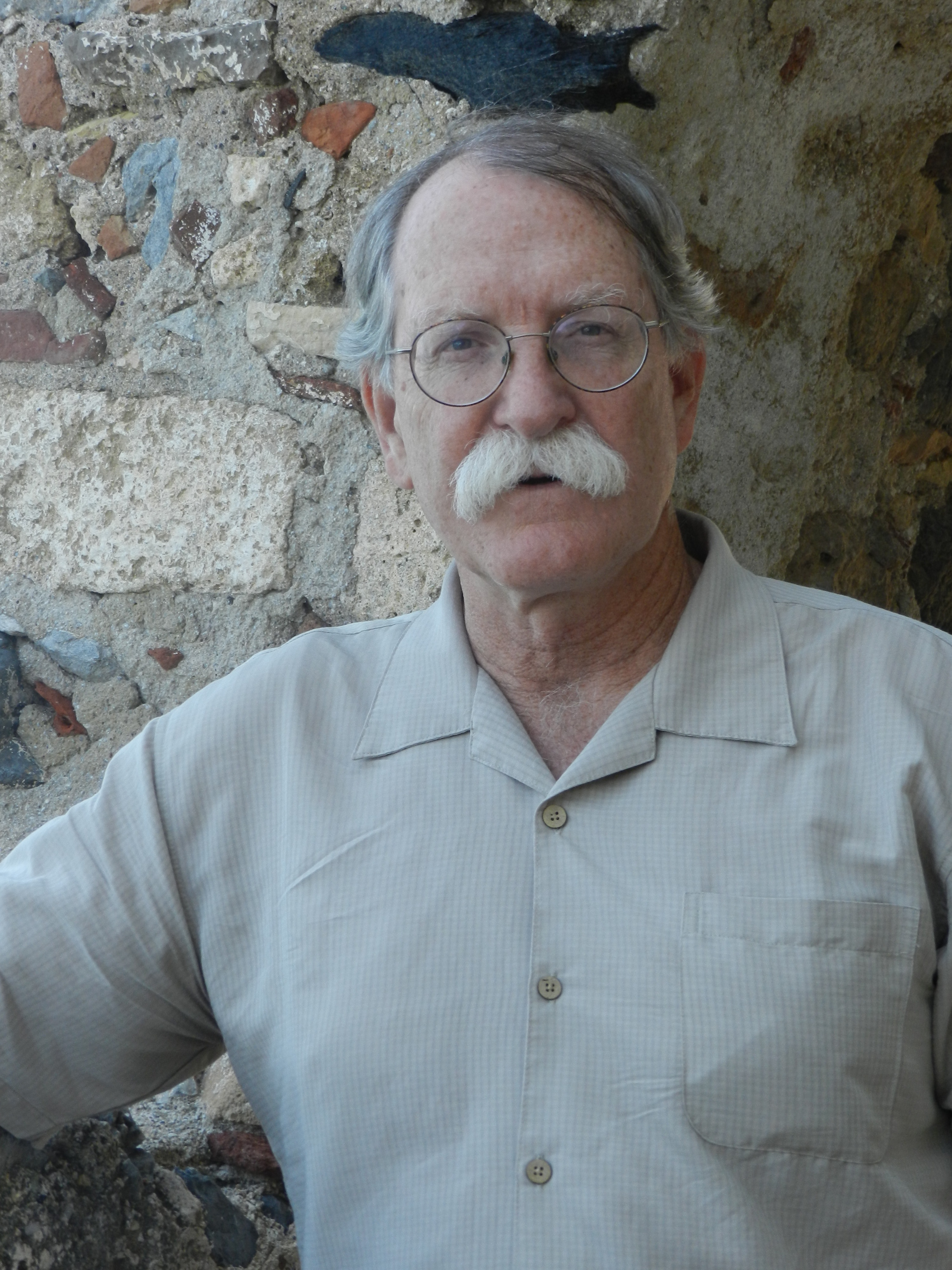
Dr. Glenn Bugh is an Associate Professor of Ancient History at Virginia Tech. He holds degrees in Ancient History from Iowa State University (M.A. and B.S.), and Ph.D in Ancient History from the University of Maryland. His areas of specialization are Byzantine and Venetian history, as well as Ancient Military History. Dr. Bugh has held post-doctoral fellowships at Harvard’s Center for Hellenic Studies, Washington, D.C.; the Institute for Advanced Study at Princeton, NJ; and the American School of Classical Studies at Athens, and has taught in England, Switzerland, and Greece.
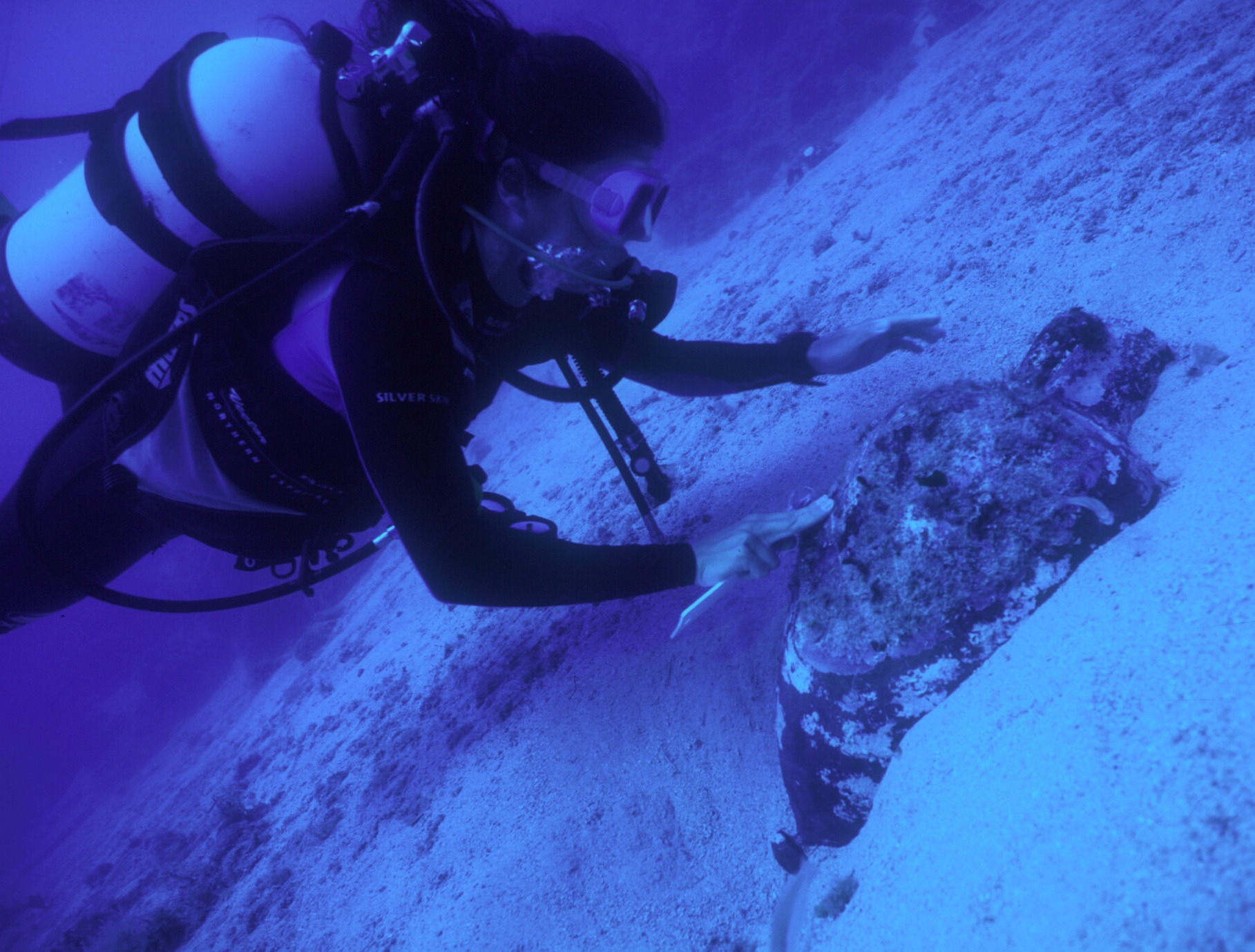
Dr. Bridget Buxton is a Professor in the Department of History at the University of Rhode Island. She holds degrees from Victoria University in Wellington (M.A. with distinction) and a Ph.D from the Graduate Group in Ancient History and Mediterranean Archaeology at the University of California, Berkeley. Her areas of specialization are underwater archaeology, and Hellenistic and Roman history and archaeology, especially the Age of Augustus. Bridget has conducted fieldwork and led expeditions in the Mediterranean, Atlantic, and Indian Oceans, and on deep sea projects. She currently collaborates with colleagues on three continents to apply new advanced and affordable technologies in underwater archaeology.
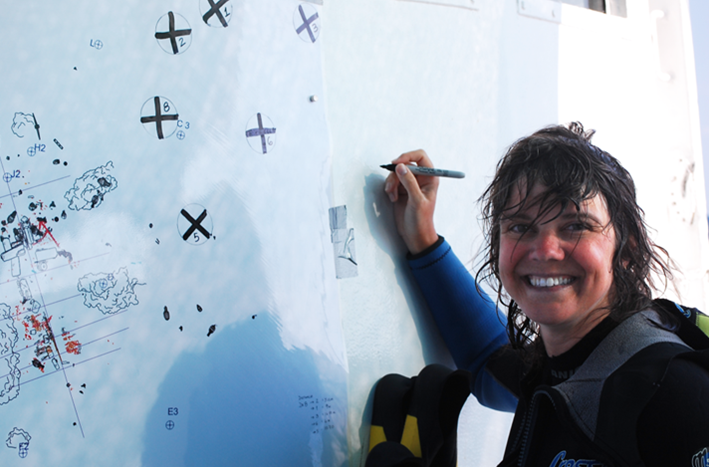
As a newly transplanted Chicago teenager, Deborah Carlson thought adapting to life in North Carolina would prove insurmountable. Then her parents insisted that she study Latin, which seemed at the time like a fatal blow. But in high-school Latin she discovered the world of Caesar, Ovid, and Pliny. The experience fostered in her a deep love of Greco-Roman antiquity, which she studied at the University of Arizona. After finishing her M.A. in 1995, Carlson taught Roman art and archaeology at Arizona for one year and then decided to pursue a degree in nautical archaeology at Texas A&M University. There, she earned the opportunity to work with George Bass as assistant director of a Greek shipwreck excavation off the coast of Turkey at Tektaş Burnu. Her 2003 appointment as the first female of A&M’s nautical archaeology faculty has given her the chance to train and advise the next generation of students, including a community of vibrant young women. She has assisted in the direction of both terrestrial and underwater excavations in Italy, Greece, and Turkey, and has served as the Archaeological Director of Institute of Nautical Archaeology’s excavation of an early-first century B.C. Roman shipwreck at Kızılburun, Turkey, and as the Assistant Director of INA’s work on a Classical Greek ship at Tektaş Burnu, Turkey. She has received various awards for her work, was the 2003/2004 recipient of the AIA’s Olivia James Traveling Fellowship, and a 2010/2011 AIA Joukowsky Lecturer.
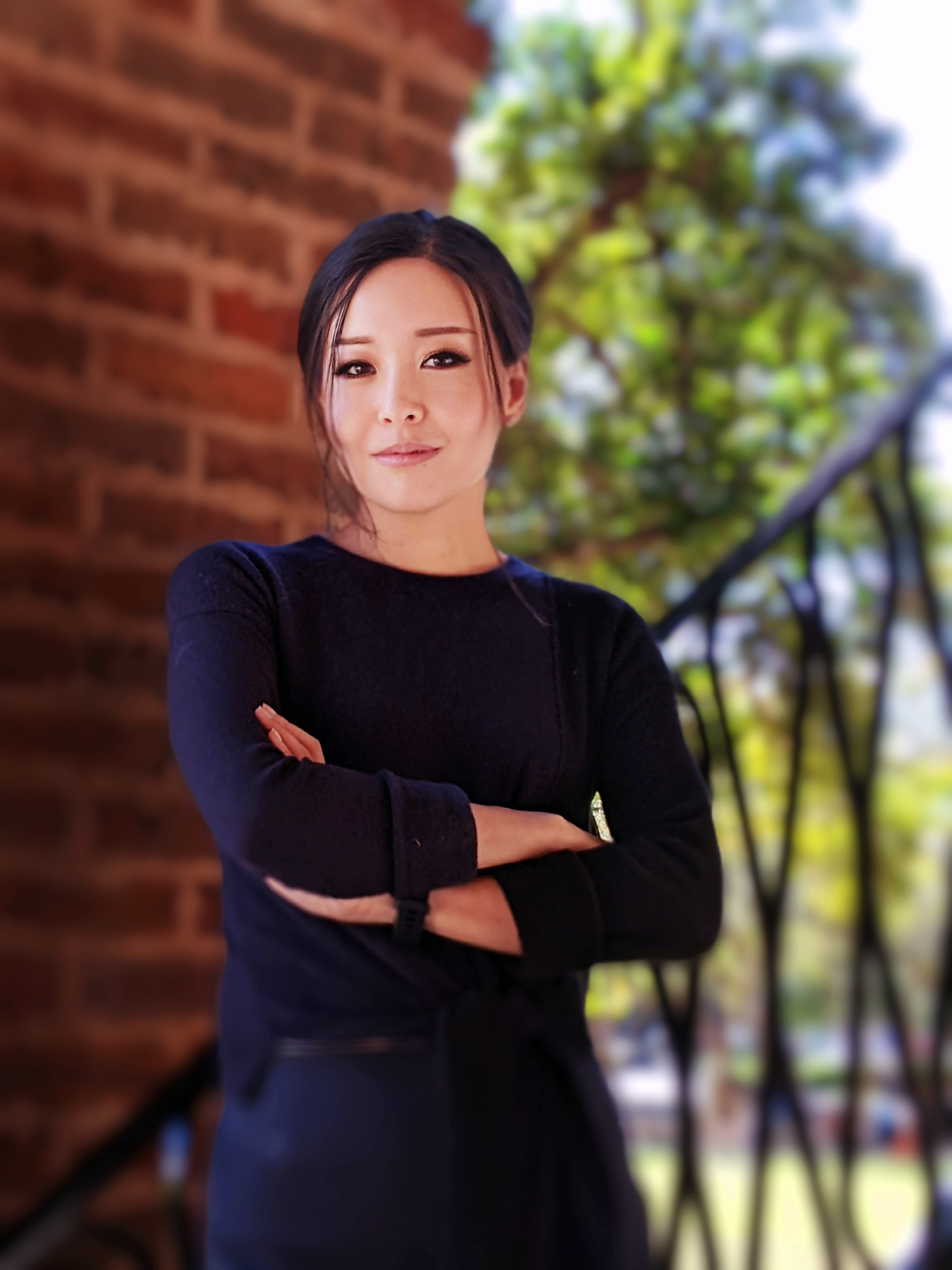
Katherine L. Chiou is an anthropological archaeologist and paleoethnobotanist whose research interests include foodways in the past and present, Andean archaeology, household archaeology, plant domestication, food sovereignty, agrobiodiversity, sustainability, GIS and data visualization, and responsible conduct of research. She received her M.A. and Ph.D. from the University of California, Berkeley, and is currently an assistant professor in anthropology at the University of Alabama, where she oversees the Ancient People and Plants Laboratory.
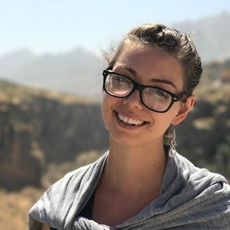
Petra Creamer is an archaeologist of the Ancient Near Eastern world researching the genesis and growth of empires and the impact of these empires on the non-elite populations under their hegemony. She is director of the excavation and remote sensing project Rural Landscapes of Iron Age Imperial Mesopotamia (RLIIM) in Iraqi Kurdistan, where her ongoing fieldwork addresses long-term settlement patterns and lifeways in the ancient Assyrian imperial core (c. 1350-600 BCE). She is an Assistant Professor of Ancient Near Eastern Studies at Emory University.
Petra Creamer is our 2024 Society Sunday Lecturer.